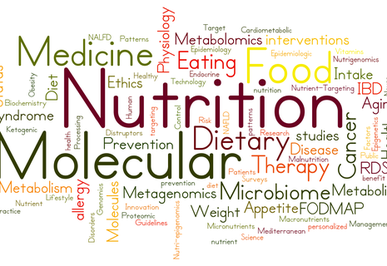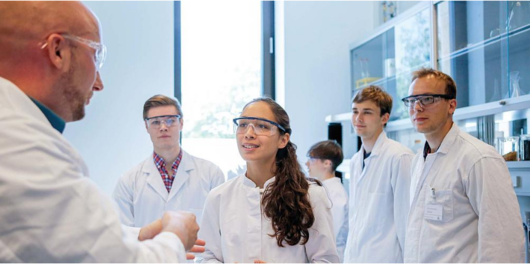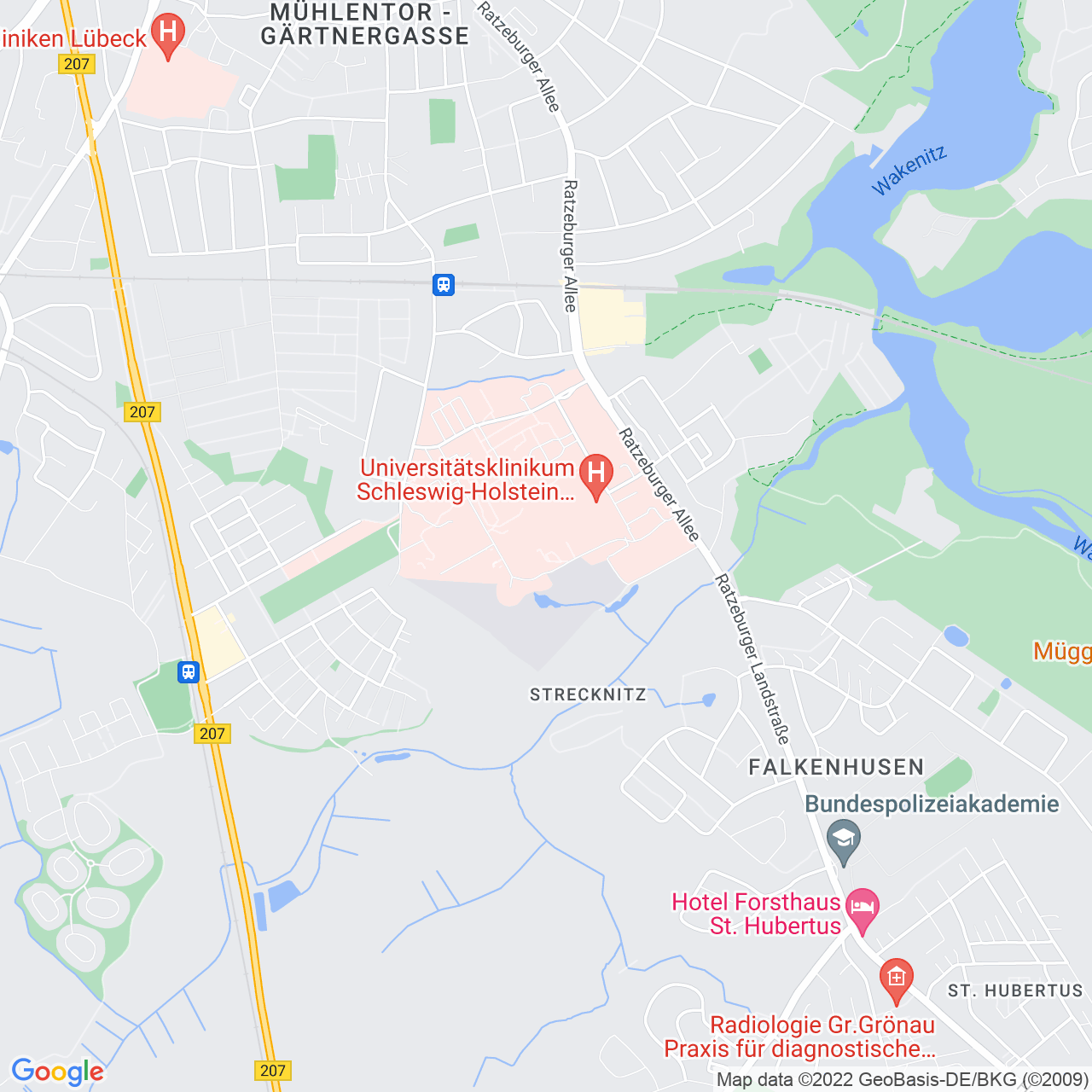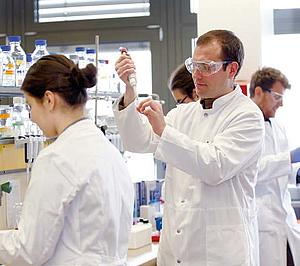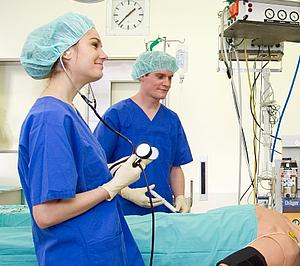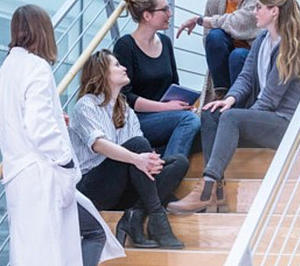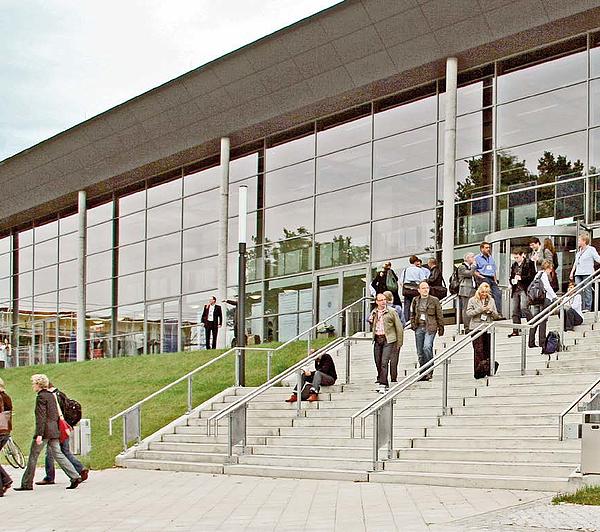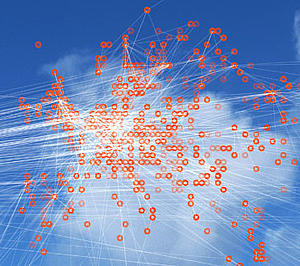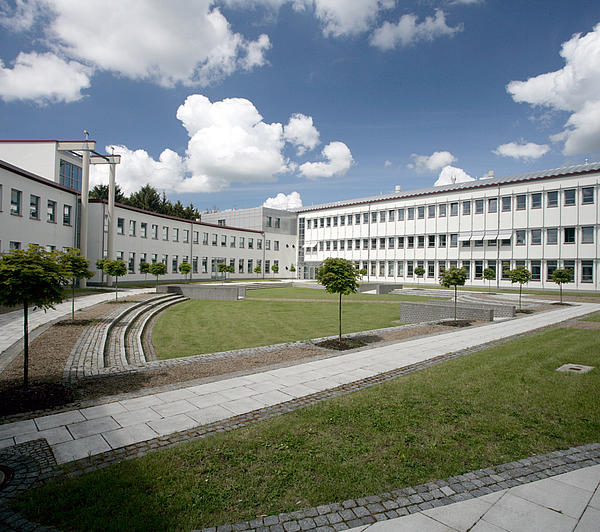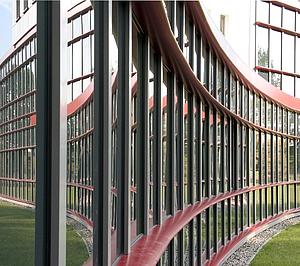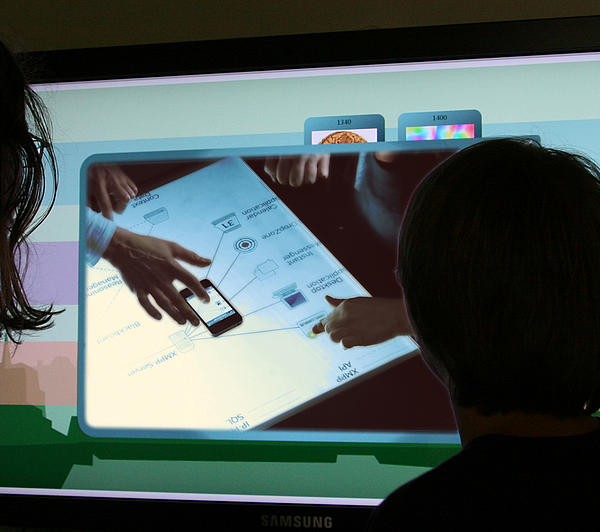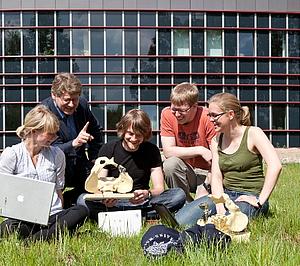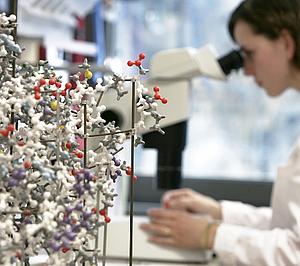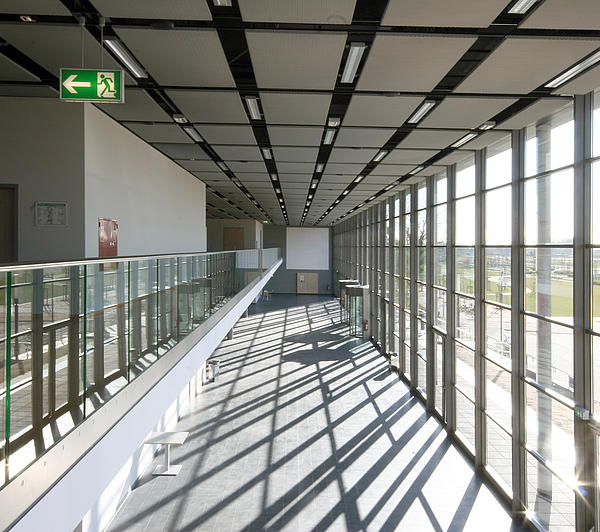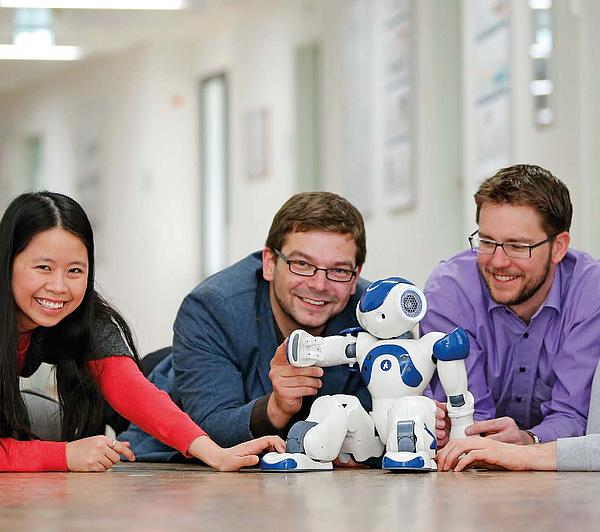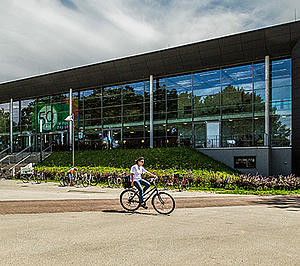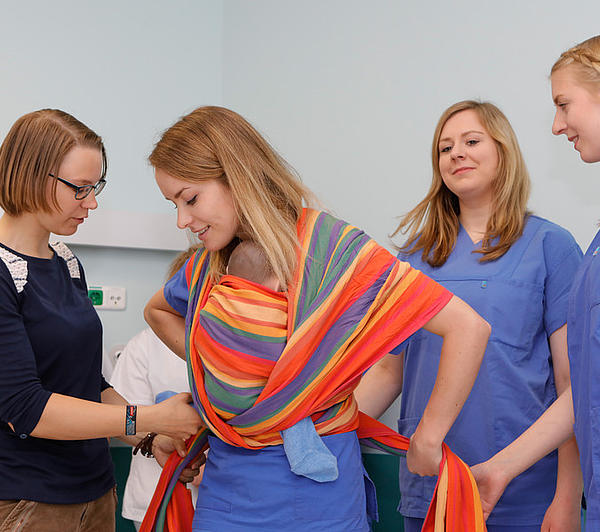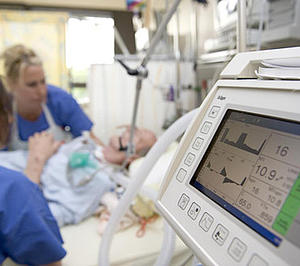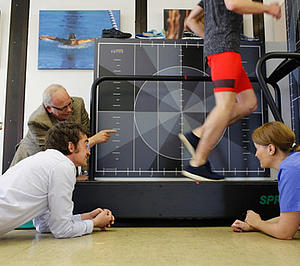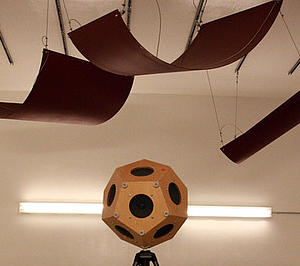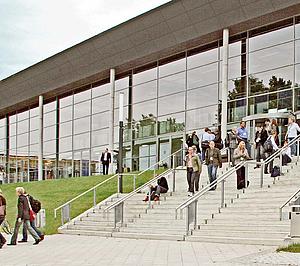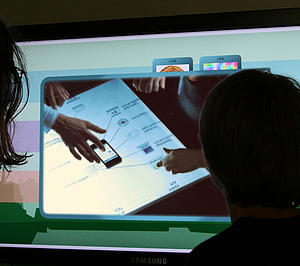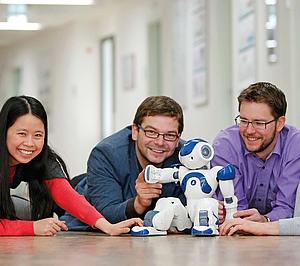A natural science at the intersection of medicine and biochemistry
Nutritional Medicine builds on the fact that nutrients are essential for the proper functioning of all biochemical processes in our bodies. It deals with the prevention and therapy of nutrition-related diseases such as obesity, diabetes mellitus type 2, autoimmunity, cancer, and neurodegenerative diseases. Those non-communicable diseases (NCD) are responsible for the vast majority of disease-related deaths in the Western world and they significantly contribute to health expenditures.
The current concepts on how to prevent and treat nutrition-related diseases are based mainly on empirical assumptions and often underpowered studies.
In order to utilize the vast potential of nutritional medicine, the personalized nutrition with its concept ‘one size does not fit all’ has to come into play. The implementation of personalized nutrition requires comprehensive knowledge of the molecular pathophysiology of diseases as well as the effects of micronutrients on the organism. Furthermore, the interactions of nutrients with genes, drugs and the intestinal microbiota have to be considered.
Key facts
Degree: Master of Science (M.Sc.)
Period of study: 4 semesters
Programme start: Only in the winter semester
Credits: 120 ECTS
Admission prerequisites: To join the master’s degree programme, you require a bachelor’s degree in Nutritional Medicine or an equivalent programme. All other requirements are governed by the programme regulations.
Content
The Master's course "Nutritional Medicine" at the University of Lübeck provides the knowledge to develop innovative ideas revolutionizing nutritional therapeutic intervention. Therefore, your lecturers are not only university teachers but also medical doctors and scientists, employed at the University Medical Center Schleswig-Holstein (one of the most modern and largest hospitals across Europe) who are dealing with patients and research questions on an everyday basis. By this, you will get into contact with clinically relevant problems and can test your ideas directly in the context of clinical trials (as part of your master's thesis).
In order to successfully complete the Master's degree, first and foremost you need to have an interest in scientific questions and challenges. Moreover, a solid background on molecular and cell biology is required. The necessary knowledge in pathophysiology, planning and execution of clinical trials as well as basic knowledge in systems biology/bioinformatics can be acquired during your Master’s curriculum.
By studying ‘Nutritional Medicine’ at the University of Lübeck, you will develop skills to fill leading positions in the biomedical research and to explore novel nutritional therapeutic strategies. With the knowledge imparted and key qualifications acquired, you will be able to assume a wide range of scientific positions within academic science and industrial research. By focusing on nutritional medical topics, you will also occupy the increasingly growing field linking medicine to the food industry.
Our Vision and Principles
In 1973, the Universität zu Lübeck became an independent scientific institution in the state of Schleswig-Holstein. We offer degree programmes in medicine, computer science, engineering, and natural sciences. Interdisciplinary programmes encompassing natural sciences, computer science, and medicine offer practical and up-to-date education underpinned by the highest standard of healthcare. The conditions here for developing and applying innovative technologies, diagnostics, and treatments are ideal, as a result of teamwork among faculties, and collaboration with other institutions in Lübeck, the Research Center Borstel, the Medical Laser Centre, and local businesses. Teaming-up with national and international research institutes bolsters the quality of research at our university, currently defined by two special fields of research.
Compared with other universities, the Universität zu Lübeck is small, with just 3,400 students – but boasts a good teacher-student ratio. The high standings of our computer science and medicine students underscores the high standard of our teaching and education.
A dynamic university
We view ourselves as the initiator, and would like to apply your scientific knowledge to make a long-lasting contribution to develop our city and region. Hence, we constantly strive for exchange and collaboration with partners in the fields of science, the economy, foundations and general public. We are open to social change and constantly adapt our strategies and actions to our values. We consider ourselves an active element of society in an historic Hanseatic city rich in the traditions of science.

